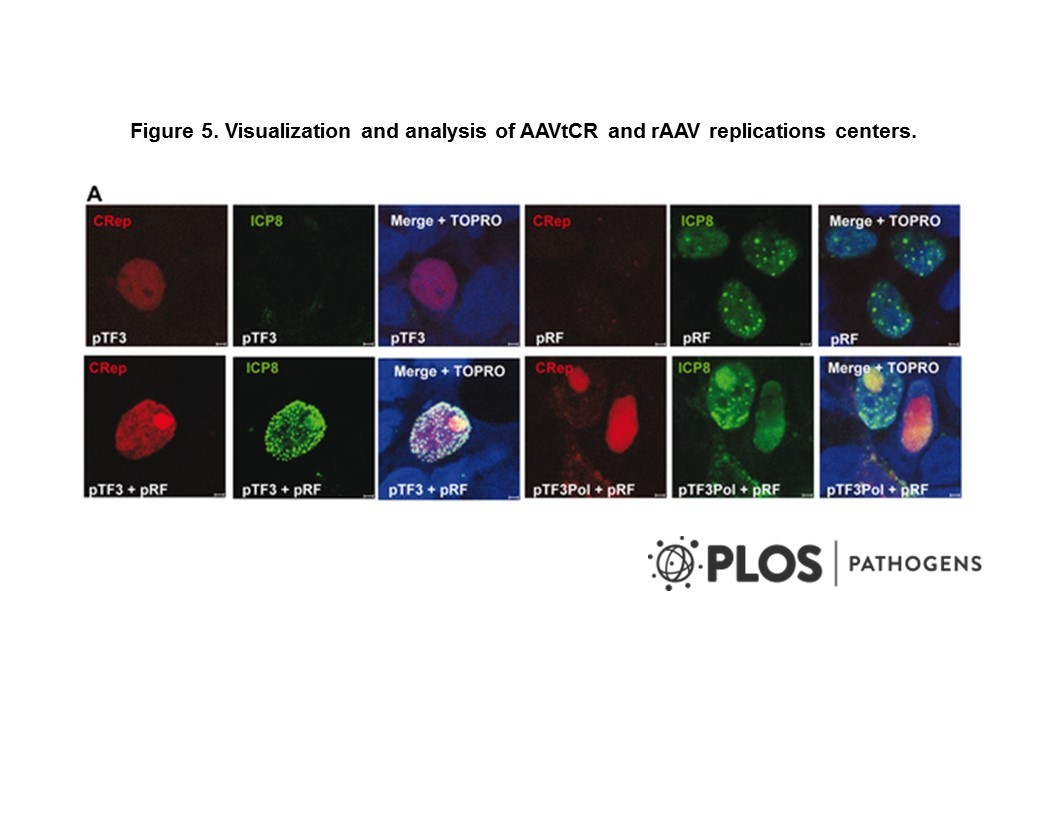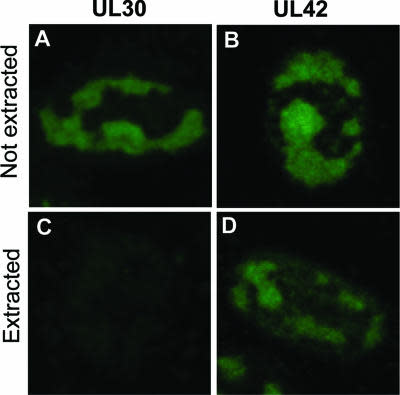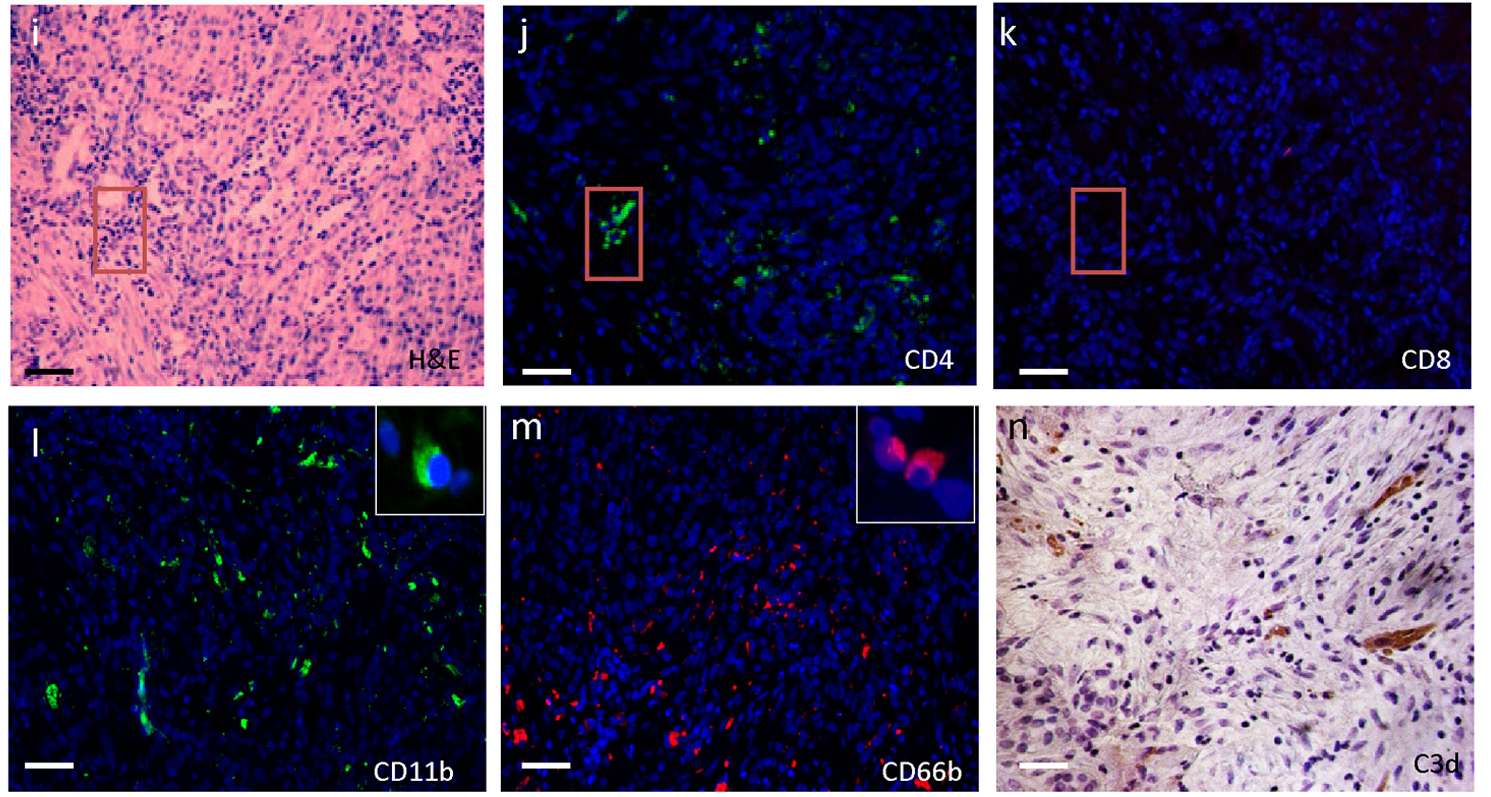
Cat. #154777
Anti-DGKa [M5A]
Cat. #: 154777
Sub-type: Primary antibody
Unit size: 100 ug
Availability: 10-12 weeks
Target: DGKa
Class: Monoclonal
Application: IP ; WB
Reactivity: Human
Host: Mouse
£300.00
This fee is applicable only for non-profit organisations. If you are a for-profit organisation or a researcher working on commercially-sponsored academic research, you will need to contact our licensing team for a commercial use license.
Contributor
Institute: Netherlands Cancer Institute
Tool Details
*FOR RESEARCH USE ONLY
- Name: Anti-DGKa [M5A]
- Alternate name: DGKA; Diacylglycerol Kinase Alpha
- Tool sub type: Primary antibody
- Class: Monoclonal
- Conjugation: Unconjugated
- Molecular weight: 77 kDa
- Strain: Balb/c
- Reactivity: Human
- Host: Mouse
- Application: IP ; WB
- Description: Diacylglycerol kinase alpha is an enzyme that belongs to the eukaryotic diacylglycerol kinase family. It acts as a modulator that competes with protein kinase C for the second messenger diacylglycerol in intracellular signalling pathways. It also plays an important role in the resynthesise of phosphatidylinositol's and phosphorylating diacylglycerol to phosphatidic acid.
- Immunogen: Immunized with an Escherichia coli cell-expressed, affinity-purified glutathione S-transferase protein of a C-terminal portion (part of the Catalytic domain) of Rat DGKu.
- Isotype: IgG2a
- Myeloma used: Sp2/0-Ag14
Target Details
- Target: DGKa
- Molecular weight: 77 kDa
- Target background: Diacylglycerol kinase alpha is an enzyme that belongs to the eukaryotic diacylglycerol kinase family. It acts as a modulator that competes with protein kinase C for the second messenger diacylglycerol in intracellular signalling pathways. It also plays an important role in the resynthesise of phosphatidylinositol's and phosphorylating diacylglycerol to phosphatidic acid.
Applications
- Application: IP ; WB
Handling
- Format: Liquid
- Concentration: 0.9-1.1 mg/ml
- Unit size: 100 ug
- Storage buffer: PBS with 0.02% azide
- Storage conditions: -15° C to -25° C
- Shipping conditions: Shipping at 4° C
References
- Schaap et al. 1993. Biochem J. 289 ( Pt 3):875-81. PMID: 7679574.





